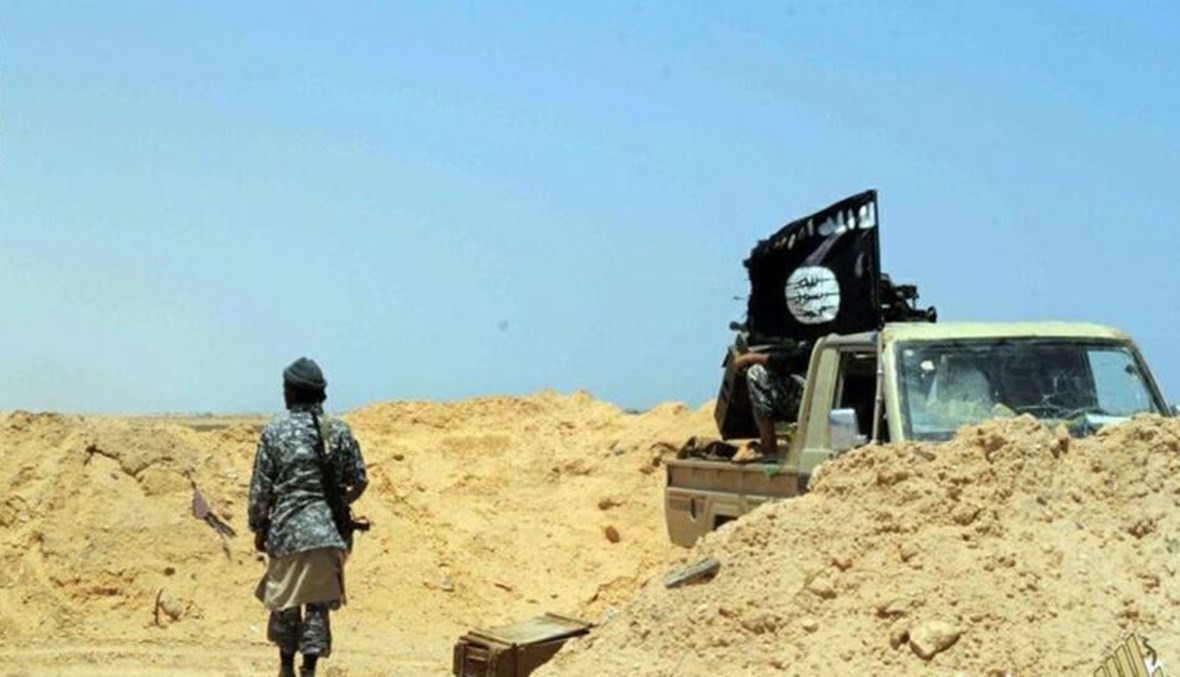Following the defeat of ISIS in the Battle of Baghuz of 2019, many of its followers were expelled from its last strongholds in Syria, and the financial resources made available by ISIS control of large territories in Syria were lost. Over the past two years, the organization has adapted its financial strategy to create alternative sources of funding, including the imposition of levies on oil companies in northeastern Syria.
While ISIS has relied on numerous sources of funding during the period in which it controlled large areas of Iraq and Syria, oil was the most important source of revenue, as ISIS controlled dozens of oil fields in both countries. The area of northeastern Syria is particularly important, as it accounts for 90 percent of Syria’s total oil reserves, and about 45 percent of its total natural gas reserves.
In 2014, The US Treasury estimated ISIS oil revenues to be between USD 1-2 million per day, rising to nearly USD 40 million per day in 2015 after taking full control of most oil fields in eastern and northeastern Syria. Therefore, regaining some of its influence in northeastern Syria can prove lucrative for ISIS, as imposing levies on oil companies can enable the organization not only to survive, but also rebuild its ranks and expand its operations.
Imposing Levies
Finding alternative sources of finance became necessary after ISIS lost control over the large swathes of territory it controlled in Syria, given that most of the organization’s funds were tied to its geographic sphere of influence. Currently, ISIS terrorist cells are concentrated in the Syrian Badia and northeastern Syria.
ISIS first concentrated its remaining terrorist cells in the Badia region where, according to media reports, it raised funds through the imposition of levies on human trafficking networks, particularly Syrians travelling from areas under the control of the Syrian regime towards Turkey, and smugglers, specifically tobacco smugglers. ISIS also imposed protection money on antique exploration digs, ane attempted to impose levies on the Badia population, claiming they represent “Zakat”. The report by the US-led Combined Joint Task Force – Operation Inherent Resolve (CJTF-OIR) for the period between July to September 2021, reveals that ISIS concentrated its operations on SDF army positions in Badia, although ISIS operations were relatively few during the period covered by the report.
ISIS also established a presence in northeastern Syria, where, according to local press reports, it attempted to impose levies on shopkeepers in more than one area in the Deir ez-Zor province during 2020. ISIS operations in that period were largely restricted to targeting SDF forces along roads leading to some oil wells, and the organization displayed an interest in operations around oil extracting sites. As ISIS expanded operations in northeast Syria last September, a pattern of targeting oil fields emerged, explained by the following table:
| Month | Targeted oil fields and wells | Targeted oil tanks | Operations surrounding oil fields |
| June | 0 | 2 | 0 |
| July | 0 | 1 | 0 |
| August | 0 | 0 | 0 |
| September | 1 | 0 | 0 |
| October | 0 | 0 | 0 |
| November | 0 | 1 | 1 |
| December | 1 | 0 | 0 |
In June, July, and August, ISIS targeted oil tankers as they moved on the road, because they were less secure, and could be easily ambushed and torched. In September, we notice a change, as ISIS targeted and torched both an oil and gas field. This change can be explained in the context of ISIS campaign of intimidation against oil extracting companies, with threats of targeting their work force, and sabotaging their sites, unless they pay extortion money. This intimidation campaign was confirmed by international media reports.
Implications Of new strategy
The efforts by ISIS to find new methods of raising funds reflect a strategy of adaptation that seeks not only to ensure its survival, but also to expand its operations and influence. The elements of this strategy include:
Diversifing sources of funding: There is an evident desire by ISIS to establish different sources of funding simultaneously. The move to impose levies on oil companies is an attempt to increase in funding, especially since the revenue from other sources in the Badia region are small , compared to what they can get from these companies, and were used mainly for the purpose of funding its regrouping.
Expanding area of operations: The imposition of levies on oil companies is related to a new phase in ISIS operations, in which it looks to expand its operations into the areas of SDF control in northeastern Syria. Increased operational activity requires the recruitment of new fighters, and the financing of monthly salaries, logistical support and providing food for the new members. Moreover, new funds are also used to support ISIS branches outside Syria, in Iraq, Africa and Afghanistan.
Compensation for losses following the arrest of finance officers: The imposition of levies on oil companies may be one way to offset the losses ISIS has suffered following the arrest of more than one of the members in charge of financial operations, most notably ISIS deputy Sami Jassim and finance officer Abu Bakr – as announced by Iraqi prime minister, Mustafa Kazemi in October 2021.
Evading measures aimed at defunding terrorist organizations: ISIS seeks to increase its funds while avoiding money transfers from its supporters outside Syria. It therefore seeks to find immediate and local sources. Last December, the International Coalition’s Financial Action Group reported that attempts by ISIS supporters living outside conflict zones to use virtual asset service providers to transfers funds have been disrupted by effective coordination between government agencies. Additionally, compliance by domestic virtual asset service providers with anti-money-laundering and anti-terrorist financing standards have undermined online fundraising and transfers to terrorist groups.
It is worth noting that ISIS operations to extort money from oil companies remain limited to small, local companies, that produce small amounts of oil and are therefore more easily pressured. ISIS has so far been unable to extend its operations to target foreign companies, that are better protected, either by SDF or US forces. However, as ISIS is able to expand the size of its ranks and the scope of operations in the near future, it may acquire the ability to target these larger companies, thereby significantly increasing the level of threat it represents.


